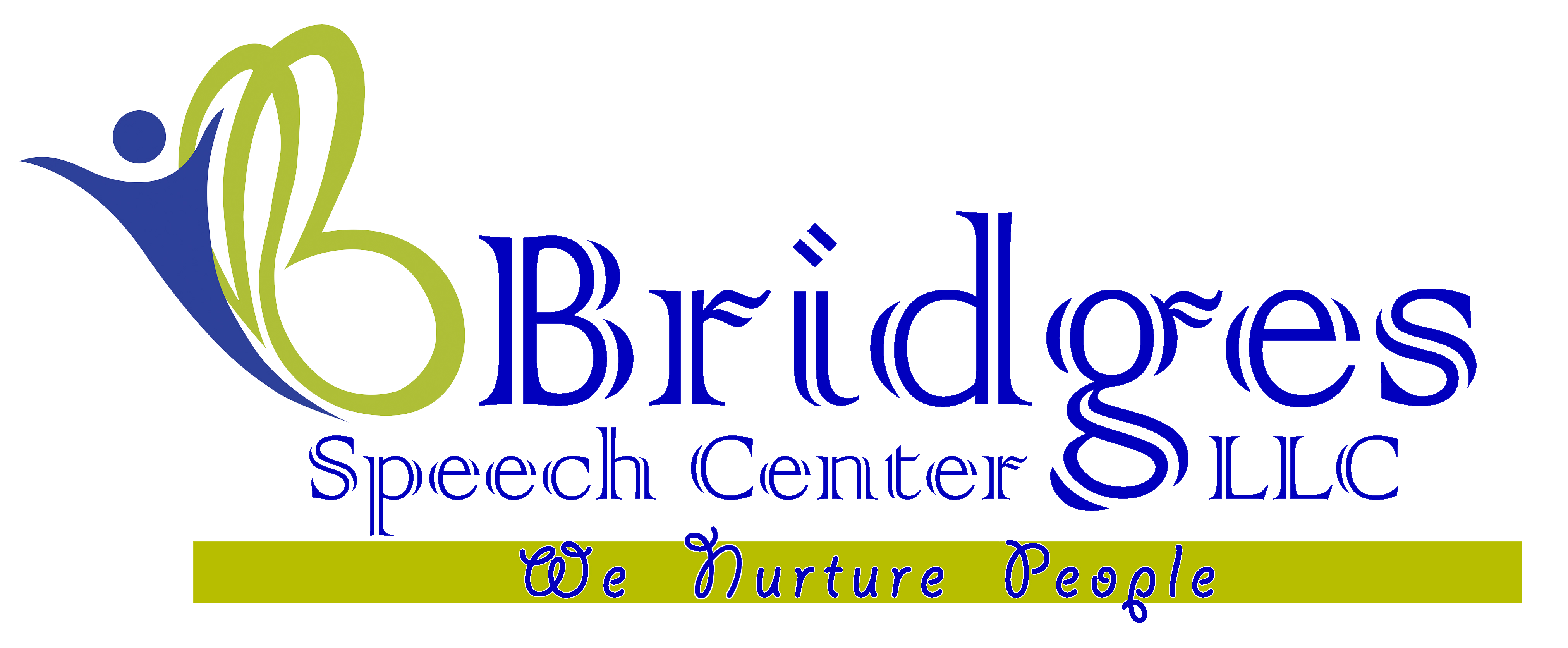- About Us
- Our Services
- Speech Therapy
- Speech and Language Therapies for Adults in Dubai
- Speech and Language Therapies for Children in Dubai
- Accent therapy
- Augmentative Alternative Communication (AAC) Therapy
- Articulation Speech Therapy
- Auditory Processing therapy/ Auditory verbal therapy
- Language Intervention: Speech Delay therapy
- Oral Motor Therapy
- Play Based therapy
- PROMPT/DTTC/RePT for Childhood Apraxia of Speech
- Social communication/Pragmatic language therapy
- Stuttering / Stammering therapy Program
- Spellography Program for Dyslexia
- Voice Therapy
- Home Care Services
- Feeding Therapy
- Physiotherapy
- Pediatric and Geriatric Physiotherapy
- Fall Prevention Programs for the Elderly
- Developmental Delay Treatment for Children
- Cerebral Palsy Management for Children
- Pediatric Orthopedic Conditions
- Osteoporosis Management for the Elderly
- Sports Injuries in Children
- Mobility and Balance Training for Elderly
- Joint Pain Treatment (Knee, Shoulder, Hip)
- Age-Specific Exercise Programs
- Coordination and Balance Exercises
- Orthopedic Physiotherapy
- Neurological Physiotherapy
- Sports Physiotherapy
- Cardiopulmonary Physiotherapy
- Women’s Health Physiotherapy
- Manual Therapy
- Therapeutic Exercise
- Pain Management
- Electrotherapy
- Ergonomic Consultation
- Tele-Physiotherapy Services
- Pediatric and Geriatric Physiotherapy
- Occupational Therapy
- Sensory Integration
- Clinical Psychology & Psychotherapy
- Cognitive Behavioral Therapy(CBT)
- ABA /Behavior Therapy
- Bridge Learning Program
- Group therapy
- Summer/Winter Program
- Telehealth Services
- Training Program/CEU
- Internship/ Observership
- Speech Therapy
- Super Team
- Collaboration
- Training Course
- News/Blogs
- About Us
- Our Services
- Speech Therapy
- Speech and Language Therapies for Adults in Dubai
- Speech and Language Therapies for Children in Dubai
- Accent therapy
- Augmentative Alternative Communication (AAC) Therapy
- Articulation Speech Therapy
- Auditory Processing therapy/ Auditory verbal therapy
- Language Intervention: Speech Delay therapy
- Oral Motor Therapy
- Play Based therapy
- PROMPT/DTTC/RePT for Childhood Apraxia of Speech
- Social communication/Pragmatic language therapy
- Stuttering / Stammering therapy Program
- Spellography Program for Dyslexia
- Voice Therapy
- Home Care Services
- Feeding Therapy
- Physiotherapy
- Pediatric and Geriatric Physiotherapy
- Fall Prevention Programs for the Elderly
- Developmental Delay Treatment for Children
- Cerebral Palsy Management for Children
- Pediatric Orthopedic Conditions
- Osteoporosis Management for the Elderly
- Sports Injuries in Children
- Mobility and Balance Training for Elderly
- Joint Pain Treatment (Knee, Shoulder, Hip)
- Age-Specific Exercise Programs
- Coordination and Balance Exercises
- Orthopedic Physiotherapy
- Neurological Physiotherapy
- Sports Physiotherapy
- Cardiopulmonary Physiotherapy
- Women’s Health Physiotherapy
- Manual Therapy
- Therapeutic Exercise
- Pain Management
- Electrotherapy
- Ergonomic Consultation
- Tele-Physiotherapy Services
- Pediatric and Geriatric Physiotherapy
- Occupational Therapy
- Sensory Integration
- Clinical Psychology & Psychotherapy
- Cognitive Behavioral Therapy(CBT)
- ABA /Behavior Therapy
- Bridge Learning Program
- Group therapy
- Summer/Winter Program
- Telehealth Services
- Training Program/CEU
- Internship/ Observership
- Speech Therapy
- Super Team
- Collaboration
- Training Course
- News/Blogs
Table of Contents
TogglePediatric and Geriatric Physiotherapy Treatment in Dubai
- Home
- Our Services
- Physiotherapy
Understanding Acute Pain Management
Acute pain refers to pain that typically arises suddenly due to injury, surgery, or illness and is usually temporary, resolving as the underlying cause heals. Effective acute pain management aims to provide immediate relief, promote recovery, and prevent the transition to chronic pain. This comprehensive approach involves various strategies and treatments tailored to the individual’s needs and the specific cause of acute pain.
Importance of Acute Pain Management
Acute pain, although temporary, can significantly impact an individual’s well-being, mobility, and overall recovery process. Proper management not only alleviates discomfort but also supports healing, reduces complications, and enhances the patient’s quality of life during the recovery period. Addressing acute pain promptly can also prevent the development of chronic pain, which may occur if acute pain is inadequately treated or persists beyond the expected healing time.
Components of Acute Pain Management
- Assessment and Diagnosis
Effective acute pain management begins with a thorough assessment to understand the nature, severity, and underlying cause of the pain. This includes:
- Pain Assessment: Evaluating the intensity, location, and characteristics of pain using standardized scales and patient-reported outcomes.
- Medical History Review: Gathering information about past medical conditions, surgeries, allergies, and current medications that may impact pain management.
- Physical Examination: Performing a comprehensive physical assessment to identify any physical signs related to the acute pain and underlying condition.
- Multimodal Pain Management Strategies
Acute pain management utilizes a multimodal approach that combines different interventions to achieve optimal pain relief and patient comfort. These strategies may include:
- Medications: Prescribing analgesics (pain relievers) such as non-steroidal anti-inflammatory drugs (NSAIDs), opioids (for severe pain), and adjuvant medications (e.g., antidepressants, anticonvulsants) to manage pain effectively.
- Regional Anesthesia: Administering nerve blocks or epidural anesthesia to provide targeted pain relief in specific areas, such as after surgery or trauma.
- Non-Pharmacological Interventions: Incorporating techniques like ice or heat therapy, massage, acupuncture, and transcutaneous electrical nerve stimulation (TENS) to complement medication-based treatments and enhance pain relief.
- Patient-Centered Care
Tailoring acute pain management plans to meet the individual needs and preferences of patients is essential for optimizing outcomes. This involves:
- Individualized Treatment Plans: Developing personalized pain management plans based on the patient’s medical history, pain assessment, and response to initial treatments.
- Patient Education: Providing information about the expected course of acute pain, potential side effects of medications, and self-care strategies to manage pain at home.
- Collaborative Decision-Making: Involving patients in decisions regarding their pain management plan, including setting realistic goals for pain relief and functional recovery.
- Monitoring and Adjustments
Continuous monitoring of pain levels and treatment responses is crucial throughout the acute pain management process. This allows healthcare providers to:
- Assess Effectiveness: Regularly evaluate the effectiveness of pain management interventions and adjust treatment plans as needed to ensure optimal pain relief.
- Manage Side Effects: Monitor for potential side effects of medications and interventions, providing timely interventions to minimize discomfort and complications.
- Address Psychosocial Factors: Consider the impact of psychosocial factors such as anxiety, fear, and stress on pain perception, offering supportive care and interventions as necessary.
Integrative Approach and Follow-Up Care
An integrative approach to acute pain management emphasizes collaboration among healthcare professionals, including physicians, nurses, pharmacists, and physical therapists, to ensure comprehensive care. This approach extends to:
- Post-Discharge Planning: Developing discharge plans that include instructions for pain management at home, follow-up appointments, and access to resources for ongoing support.
- Prevention of Chronic Pain: Educating patients on strategies to prevent the transition from acute to chronic pain, such as adherence to prescribed treatments, maintaining physical activity, and managing stress effectively.
Conclusion
Effective acute pain management involves a multidisciplinary approach aimed at providing immediate relief, promoting recovery, and preventing complications. By addressing acute pain promptly with personalized treatment plans, healthcare providers can optimize patient outcomes, improve quality of life during recovery, and reduce the risk of chronic pain development.
Contact Us
For more information on acute pain management or to schedule a consultation, please contact our healthcare team. We are dedicated to providing compassionate care and effective pain management strategies to support your recovery journey.
Make Appointment
Testimonials
What Parents Say
Send us an email if you wish to talk to any of them. For more reviews, please go to Google reviews.

My experience with bridges speech centre has been great. My child is attending OT in the center and we are happy and proud with the progress Mrs. Richa has made. The therapists are very supportive and knowledgable in selecting techniques to suit with our child's requirements . Their monthly review and evaluation is remarkable. I highly recommend bridges speech centre to anyone looking for an affordable and professional therapy for their child....

We were asked to consult a speech therapist for my son. As parents we were quite skeptical about this whole process. However, once my son started attending Dr Rupali’s sessions we noticed a drastic improvement in his speech. He used to speak only a few words but within the 1st four sessions he started speaking up-to 5 words sentences. I also learnt to manage my child’s emotions better with Dr Rupali’s guidance. She is very cooperative and patiently answer all questions.

We took our 21 month old daughter to Bridges speech center following her cleft palate surgery as she needed Speech therapy. Ms.Rupali was recommended to us by both our Pediatrician and ENT specialist. The staff at Bridges are qualified, warm and friendly. My daughter loved to attend the speech therapy sessions. Through various techniques and simulations provided during these sessions, I can see considerable improvement in my daughter's speech. Lastly I would say, no child is same, as parents we need to be patient and trust the process.

Rupali was excellent. In just couple of sessions she helped my child overcome difficulty in pronouncing ch and sh sound. Thanks very much.Highly recommend for children who will need assistance in speech therapy.
Blog & Article
Our Latest Blog & Articles
What Is the Difference Between Occupational Therapy and Physical Therapy?
If you are searching what is the difference between occupational therapy and physical...
Sensory Integration Therapy at Home for Children with Sensory Challenges
When a child gets overwhelmed by everyday sounds, refuses certain clothes because they...



